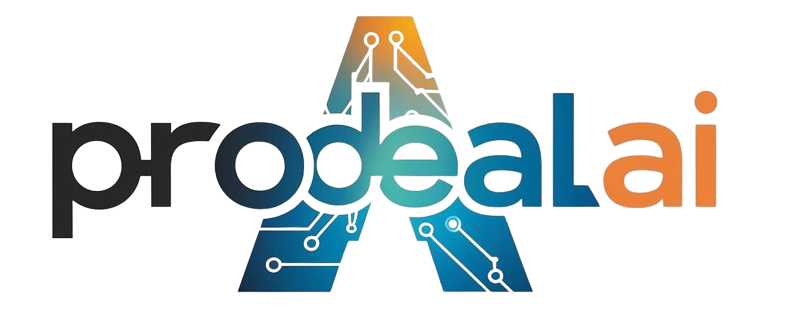Artificial Intelligence (AI) has rapidly advanced in recent years, with capabilities that are increasingly powerful and impressive. While AI has the potential to revolutionize many aspects of our lives, it also raises complex ethical questions that must be carefully considered.
One of the key ethical implications of AI is the issue of bias and discriminatory decision-making. AI algorithms are trained on large datasets, and if those datasets are biased or incomplete, the AI system may produce biased results. For example, a hiring algorithm trained on historical data that reflects gender or racial bias could perpetuate discrimination in hiring practices. It is essential that developers and companies take steps to address bias in AI systems and ensure that they do not inadvertently perpetuate harmful stereotypes or discrimination.
Privacy is another important ethical consideration when it comes to AI. AI systems often collect large amounts of personal data in order to make accurate predictions and decisions. This raises concerns about the privacy of individuals and the potential for misuse of their data. Companies must be transparent about how they collect and use data, and individuals must have control over how their data is being used.
There are also concerns about the impact of AI on jobs and the economy. As AI technology continues to advance, there is the potential for automation to replace human workers in various industries. This could lead to widespread job displacement and increased inequality. It is important for policymakers to consider how to mitigate these potential negative impacts of AI on the workforce.
Another ethical consideration is the potential for AI to be used for malicious purposes, such as surveillance or warfare. As AI technology becomes more advanced, there is the risk that it could be weaponized or used to infringe on individuals’ rights and freedoms. It is essential that regulations and safeguards are in place to prevent the misuse of AI for unethical purposes.
Overall, exploring the ethical implications of AI is crucial for ensuring that this powerful technology is used responsibly and ethically. It is essential that developers, companies, and policymakers collaborate to address these ethical challenges and ensure that AI is used in a way that benefits society as a whole. By considering these ethical implications, we can ensure that AI technology remains a force for good in the world.


